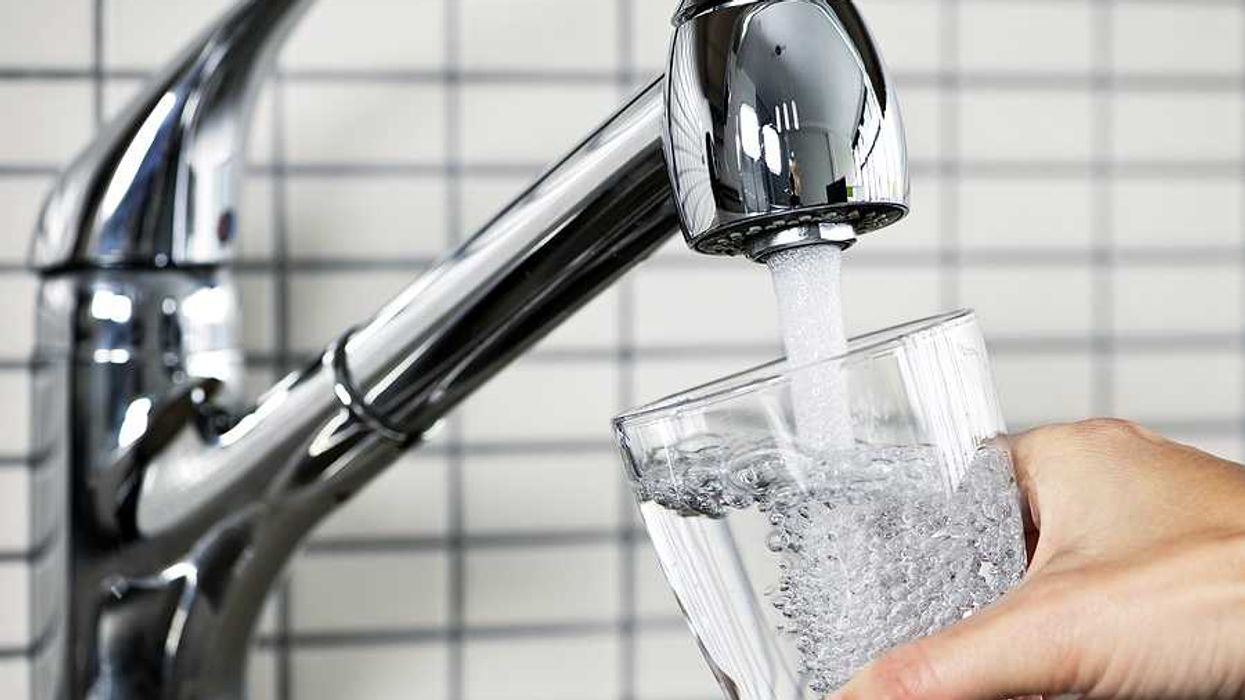Routine river testing that helped uncover sewage pollution in Atlanta is now at risk due to a proposed closure of a key U.S. Geological Survey office that monitors water safety for millions of Georgians.
Stanley Dunlap reports for Georgia Recorder.
In short:
- A U.S. Geological Survey water science center in Norcross may shut down as part of a Trump administration effort to cut costs, sparking fears of gaps in water quality monitoring.
- The Chattahoochee Riverkeeper and other environmental groups say the center's closure could delay pollution detection and disrupt public health alerts tied to E. coli contamination.
- Flow gauges operated by the center are vital for water supply management, flood prevention, agriculture, and safety at nuclear and military installations.
Key quote:
“This science center is critical for many reasons, including the fact that they run all of the flow gauges for Georgia, South Carolina and North Carolina.”
— Jason Ulseth, Chattahoochee Riverkeeper
Why this matters:
In Georgia, millions depend on real-time data from river gauges and water testing to make decisions about drinking water, recreation, and agriculture. Without these measurements, communities lose early warnings for bacterial outbreaks like E. coli or threats to water infrastructure. The South Atlantic Water Science Center helps detect pollution in the Chattahoochee River, a major source of drinking water and a playground for boaters, anglers, and swimmers. It's also a lifeline for farmers, city planners, and dam operators who depend on up-to-date data to manage flows, irrigate crops, and prevent disasters. Pulling the plug on the center puts health and safety at risk across Georgia and beyond.
Related: Columbus attorney joins legal team fighting water contamination in Georgia














